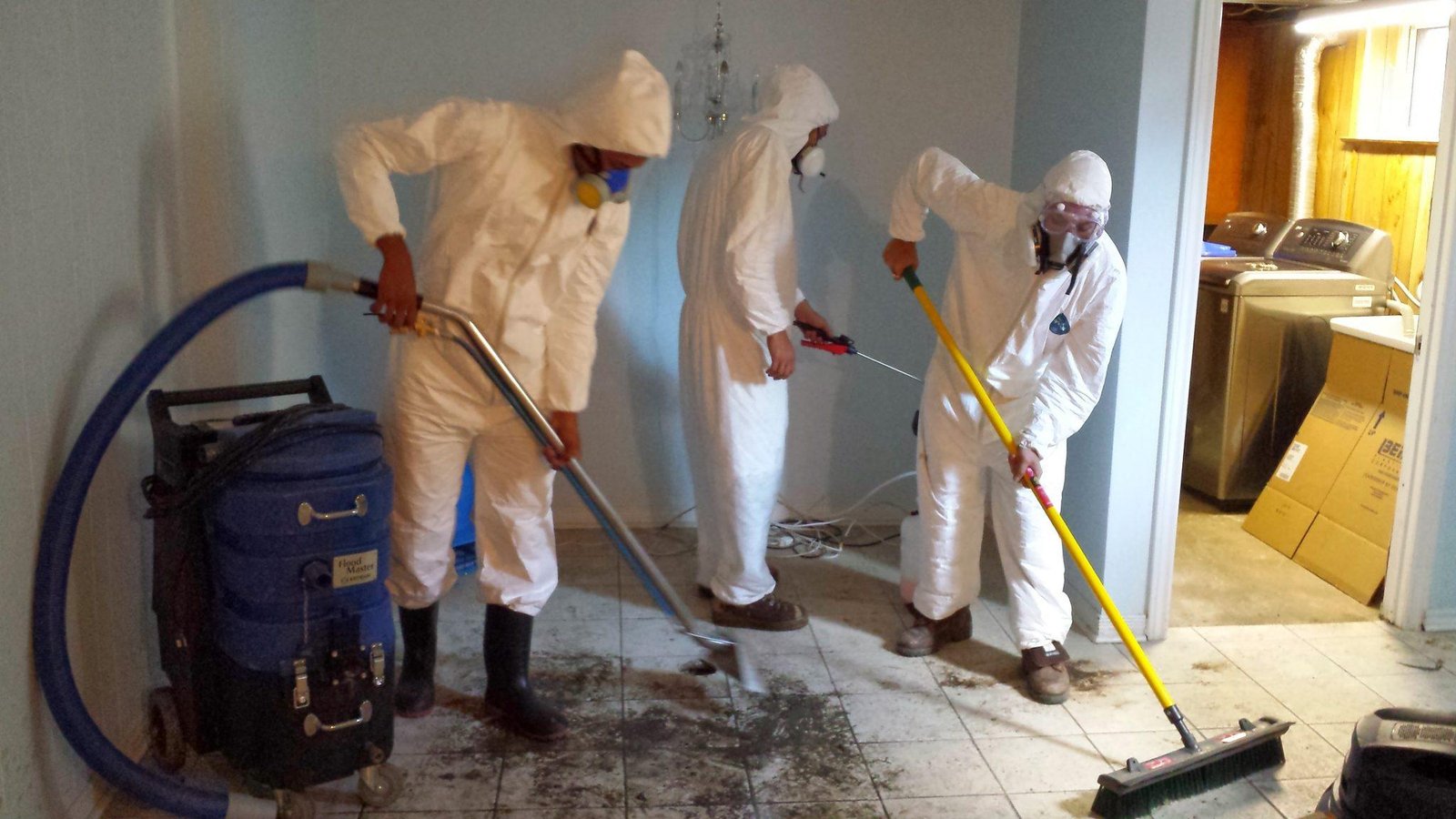When homeowners face a sudden flood, a burst pipe, or basement water damage, the stress can feel overwhelming. Beyond the immediate mess and structural concerns, there’s another challenge: dealing with insurance claims. Fortunately, water restoration companies step in to simplify the process. But how do water restoration companies handle insurance claims in a way that reduces hassle for property owners? Let’s break it down in detail.
What Steps Do Water Restoration Companies Take When You First Call?
The insurance process begins the moment you contact a restoration team. Most reputable water restoration companies understand that timing is critical—insurance policies often require immediate action to prevent secondary damage.
When you call, the company documents essential information: the source of the water, the extent of the damage, and whether your insurance provider has already been notified. Experienced teams, such as Ideal Response, also respond quickly because early action can influence claim approvals. Fast mitigation can prevent mold growth, structural rot, and further loss—making your claim stronger.
Technicians usually arrive with moisture meters, extraction equipment, and digital tools to document the loss. This documentation becomes a crucial part of your claim file. Photos, moisture readings, and written assessments form the foundation of the evidence your insurer will need.
How Do Water Restoration Companies Assess the Damage for Insurance Purposes?
Insurance companies require detailed proof of damage before they approve any claim. That’s why restoration companies follow a standardized assessment process.
Certified technicians evaluate the type of water involved (clean, gray, or black water), the affected materials, and the potential for structural issues. They inspect flooring, drywall, insulation, electrical areas, and—if you’re dealing with basement water damage—foundation walls and sump pump systems.
During the assessment, the restoration team compiles:
- High-resolution photos
- Moisture maps of affected rooms
- Written descriptions of all impacted areas
- Estimates for drying, cleanup, and repairs
- A timeline for the full restoration process
This organized documentation helps streamline communication with insurers. Insurance adjusters rely on these reports to determine coverage and verify that recommended restoration steps are necessary.
How Do Restoration Companies Work With Insurance Adjusters?
After gathering documentation, the next step involves coordinating with your insurance adjuster. Many water restoration companies maintain direct communication with insurers to streamline the approval process.
Professionals speak the same technical language as adjusters, making it easier to justify the work required. They explain the cause of the damage, the urgency of specific repairs, and why certain restoration steps cannot be skipped.
Companies like Ideal Response often attend on-site visits with the adjuster. During these meetings, they:
- Walk adjusters through the affected areas
- Provide evidence of the damage
- Answer technical questions
- Compare the adjuster’s scope with their own estimate
This collaboration ensures fair and accurate claim processing. It also prevents situations where homeowners get under-funded because they didn’t know how to advocate for themselves.
What Documentation Do Water Restoration Companies Provide to Support a Claim?
Insurance companies approve claims based on evidence. That’s why water restoration experts prepare comprehensive documentation packages. These usually include:
1. Loss Itemization Reports
A line-by-line breakdown of all affected materials and the cost to restore or replace them.
2. Drying Logs
Daily moisture readings showing progress and proving that professional mitigation was performed.
3. Equipment Usage Logs
Documentation of dehumidifiers, air movers, and other machinery on site, including run times.
4. Before-and-After Photos
Clear visual proof of the original damage and the completed restoration.
5. Repair Estimates
Detailed cost estimates written in standardized insurance formats such as Xactimate.
These reports help insurers validate every dollar of the claim, reducing the likelihood of disputes.
Do Water Restoration Companies Help You File the Insurance Claim?
Many homeowners find insurance paperwork confusing. To ease the burden, most water restoration companies guide clients through the filing process. Some companies even help file the claim directly.
They explain:
- What documentation your insurer requires
- Which forms to submit
- How to describe the cause of loss
- What deadlines you must meet
Their experience helps you avoid common mistakes that cause delays or denials. Because water damage claims often involve tight timelines, having expert assistance helps ensure everything is completed correctly and promptly.
How Do Water Restoration Companies Help Prevent Claim Denials?
Insurance companies deny claims for several reasons, such as delayed action, poor documentation, or miscommunication about the source of the damage. Restoration companies help prevent these issues.
They act quickly.
Immediate mitigation shows the insurer that you took the right steps to prevent additional loss.
They provide professional evidence.
Comprehensive documentation supports your claim and makes it harder for insurers to reject legitimate damage.
They communicate clearly.
Professionals know how to explain the technical details insurers use to classify coverage.
They follow industry standards.
Insurance companies prefer documented, certified processes because they demonstrate that repairs were genuinely necessary.
Because of these factors, working with professionals significantly increases the likelihood of receiving a fair settlement.
How Do Companies Support Homeowners During the Entire Insurance Process?
Beyond damage cleanup, restoration companies often act as advocates for homeowners. They provide updates, communicate with your insurer, and make sure the restoration process stays aligned with your policy’s requirements.
Their goal is to:
- Keep the project moving
- Prevent unnecessary delays
- Ensure accurate reimbursement
- Reduce your stress
Some companies, including Ideal Response, even offer to bill the insurance company directly. This means you avoid out-of-pocket expenses for approved work, making the process even more convenient.
Why Choose a Professional Water Restoration Company for Insurance-Related Water Damage?
Handling basement water damage or widespread flooding on your own can lead to incomplete mitigation, prolonged repairs, and claim complications. Professional restoration companies have the tools, training, and experience to manage both the physical cleanup and the insurance side.
They understand policy language, adjuster expectations, and the thorough documentation needed to justify your claim. By choosing certified professionals, you not only protect your property but also increase the chances of receiving full compensation from your insurance provider.
Final Thoughts: How Do Water Restoration Companies Make Insurance Easier?
Water damage is stressful, but dealing with the insurance claim does not have to be. Water restoration companies simplify the process by documenting damage, communicating with adjusters, and guiding homeowners from the initial inspection all the way to final repairs. Their expertise ensures the claim is accurate, complete, and fully supported—giving homeowners peace of mind during a difficult time.
If you ever face sudden flooding or hidden leaks, calling qualified professionals right away is the best thing you can do for both your property and your insurance claim.


